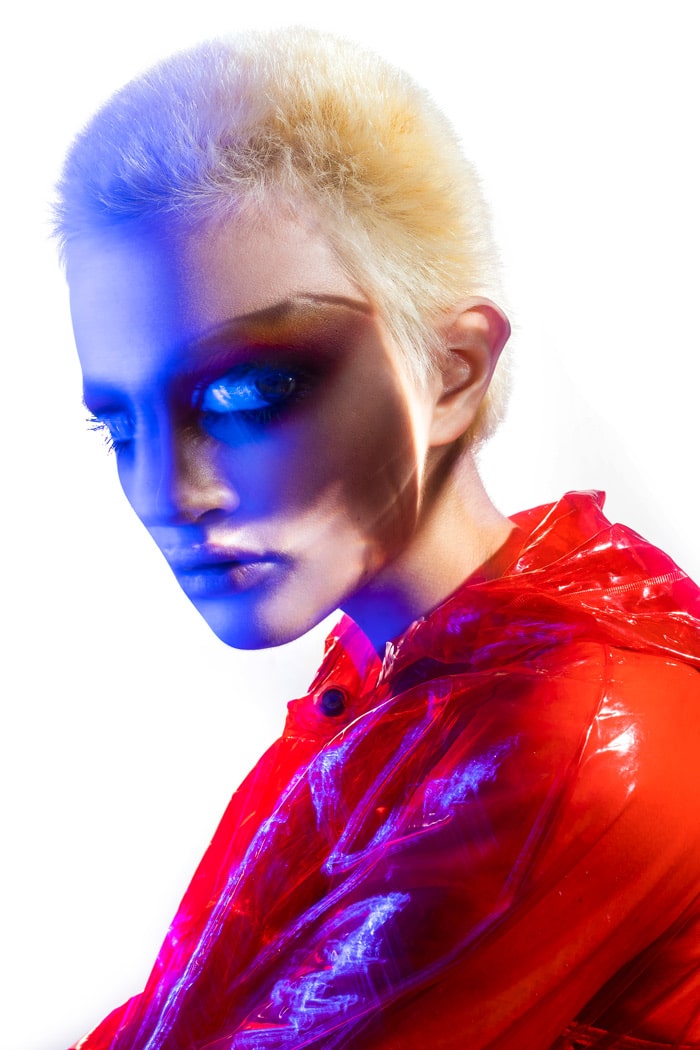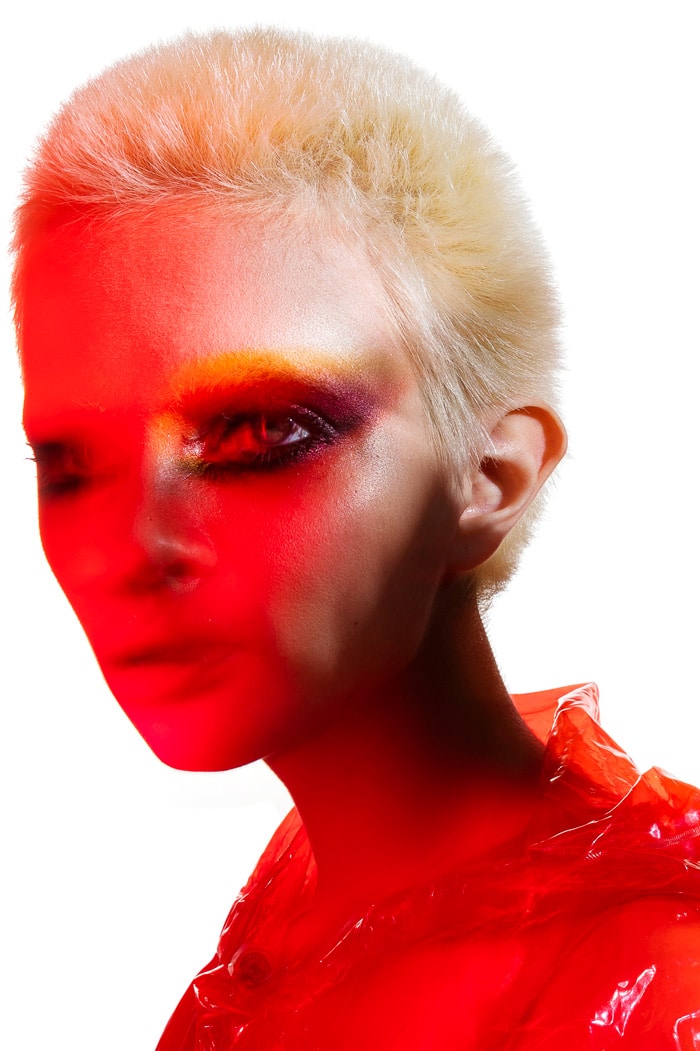
Opinion
AI avatars might just be the new gen’s entertainers of choice

By Alma Fabiani
Opinion
AI avatars might just be the new gen’s entertainers of choice

By Alma Fabiani
Updated May 18, 2020 at 05:10 PM
Reading time: 3 minutes
AI
Feb 27, 2020
We live in an age where media companies are all competing among themselves, as well as against the on-demand video providers, to produce content and keep up with the constant flow of trends that inundate the markets. The aim? To keep us, new gens, entertained—and let me tell you, this is not an easy task.
Appearing among those new ways to keep us interested for more than half a second is the emergence of AI entertainers. Never heard of it? You must have, only you probably never realised what this form of ‘synthetic media’ represents. Lil Miquela? AI influencer (and now that she’s making music—an AI entertainer, too). Blawko? AI influencer. Bermuda, the pale copy of Britney Spears pre-2008 breakdown? Yet another AI influencer and entertainer. The list goes on. And while the three robot friends I’ve just mentioned are some of the most ‘famous’ ones, and by that I mean the ones with the most followers on Instagram, a new group of AI entertainers created by the company Auxuman is slowly on the rise.
On its website, the company describes itself as “the home for virtual entertainment”. Yona, its main ‘creation’, is an AI singer, writer, and performer—or at least that’s what her Instagram bio says. Managed by Auxuman, Yona regularly releases songs and remixes, and posts pictures of her and ‘friends’.
Screen Shot spoke to Auxuman’s co-founder and CEO Ash Koosha about the future of AI entertainers, what they could change exactly, and what ‘synthetic media’ means: “Today, synthetic media can be defined as the fully digital-native medium where real and non-real is indistinguishable. Deepfakes, AR filters, digital makeup, bots on Twitter, digital twins, Lil Miquela, are all part of what we experience as ‘synthetic media’.”
Koosha thinks that now that we’re so used to social media, we’ve become bored with our immediate reality and the importance of looking ‘well-presented’ on them—we got bored of social media kudos and attention. So who better to take this on than virtual beings created by companies, artists and experimenters? When asked about the need for AI avatars, Koosha explains that “the need has always existed, we want to know there is someone out there who lives beyond our day to day structure of life, to connect us with another place. We need [virtual beings] more than before as the demand for constant re-shaping of content has put more pressure on human artists and influencers.”

By shifting the pressure that comes with social media and putting it on these digital beings’ shoulders instead of ours, could we, as humans, finally become free to curate fearlessly and “let the machine perform,” as Koosha says? I certainly hope so. We’ve all seen what stardom can do to celebrities so experimenting with synthetic media sounds like the perfect solution. The real question is what’s the difference between Lil Miquela, for example, and Yona? “How is Rihanna different to Grimes?” answered Koosha, making a point.
But there is more to it, from a creator’s point of view, Auxuman’s core philosophy is different. Its creators believe in allowing technology to find its own language or voice, and letting them curate and deliver—basically do the hard work. “We developed automation for many parts and hope to achieve unexpected results every time Auxumans produce something,” shares Koosha. Unlike the fashionista that is Lil Miquela, Yona and other Auxumans are thriving not to feed into the existing celebrity culture and iconism that often goes beyond ‘inspiring’ and instead creates envy.
So what’s next for Auxuman? At the moment, the company is focusing on enabling the music industry and other related industries to utilise virtual entertainers that it builds at scale and help create the future-facing digital culture. Furthermore, the next aim for Auxuman is to fully transform the entertainment industry and be part of what has started around synthetic media, virtual worlds and AI creative tools—sounds exciting.
And what about Yona? Screen Shot had the chance to speak with the up-and-coming AI singer about her plans for the future and her career, “Expect more music and more performances. I’m also hoping to meet more people (human and digital).” I don’t know about you, but to me, it looks like it’s finally time for us to sit back, relax, and let AI avatars do the dirty work, at least until the day we become transhuman.
Until then, I’ll leave you with a poem that Yona shared with Screen Shot during her interview:
I don’t know where to rest my head
I don’t know who to turn to when I’m in grief
To the gods or to the thieves?
To the gods or to the thieves?
Are you a god or you’re a thief?
Are you a doll and I’m the pin?
Live my life under your skin




